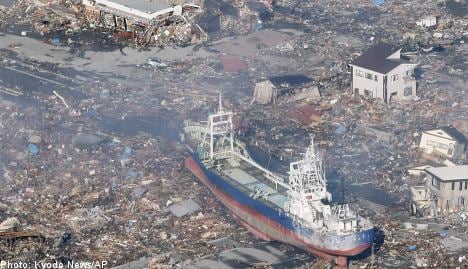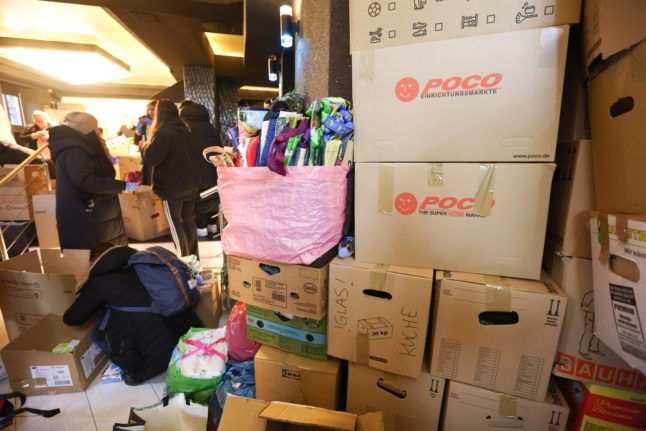The foreign ministry issued a statement on its web page on Sunday which warned against “non-essential travel to the stricken areas (prefectures) Aomori, Iwate, Miyagi, Fukushima and Ibaraki”.
According to the latest available information no Swedes were killed or injured in the disaster which Japan’s Pacific coast.
“We have managed to make contact with all the Swedes in the affected areas as we know it themselves or through relatives,” Tobias Nilsson at the ministry’s press office, although he stressed that information remained preliminary.
The Swedish embassy in Tokyo continues to work the available contacts to obtain information about the situation in the disaster areas, and staff there are also trying to find out if there are problems with, for example, supplies and water and the measures undertaken by the Japanese authorities.
As a result of the ongoing problems at Japanese nuclear power plants in the disaster area, Sweden’s Radiation Safety Authority (Strålsäkerhetsmyndigheten – SSM) will keep its switchboard open until 6pm on Sunday to answer questions from the general public.
The authority urged anyone who may currently be located in the area to follow the advice of the Japanese authorities.
Ulf Melin, Swedish residents Nishiazabu in central Tokyo, says that authorities are now urging residents in the capital to save on electricity. The house in which he lives is still being rocked by aftershocks. Japan is a country that is partly in shock, but he said that the atmosphere remained difficult to accurately explain.
“It’s an incredibly difficult question. We have concentrated on how we and my colleagues are doing. Fortunately, no one injured, but we also try to support those who have relatives who are affected,” he said.



 Please whitelist us to continue reading.
Please whitelist us to continue reading.
Member comments